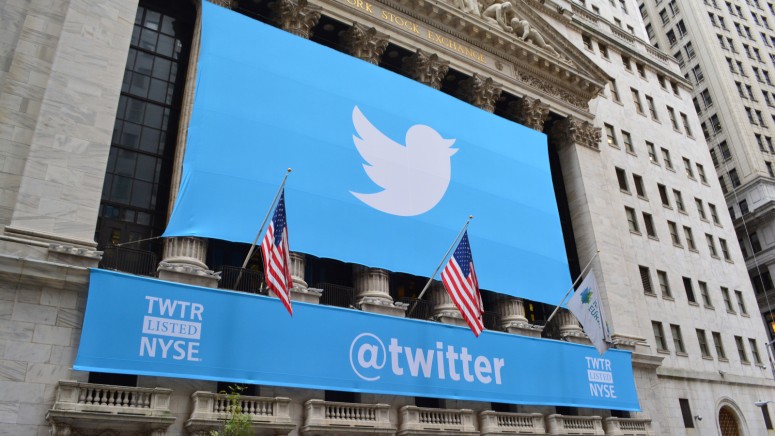
Twitter Announces Pending Policy Changes Aimed at Fighting Against Deepfakes
- Twitter wants to develop a policy that deals with the imminent rise of deepfake content.
- The community will have a say, and the final version of the ruleset will be ready in a few weeks.
- Facebook is already actively trying to develop an AI to deal with this issue and has many collaborators on its side.
Twitter wants to update its policy on synthetic and manipulated media, trying to manage the rise of deepfakes and somehow formulate a context that will underpin it. For this, they are calling for the users to join the discussion and provide their views on the matter. If you are a Twitter user and you are interested in getting heard and maybe even affect what this policy covers and in which way, now it’s your chance to express your views.
https://twitter.com/TwitterSafety/status/1186403736995807232
As Twitter points out, they want to develop a new policy that will address the cases of people being threatened by the creations of others. The threat could concern physical safety and offline harm, so it’s not just about online bullying. Twitter is not very active against the latter type of abuse anyway, so they’re not changing their approach on that. The creations of users concern synthetic and manipulated media, meaning content that has been altered or created from scratch, trying to change the original meaning or presenting events that never happened in reality. In other words, we are talking about deepfakes, and their imminent rise is making Twitter feel uncomfortable.
For starters, Twitter wants to consider how deepfakes are shared on the platform in ways that can have harmful potential. Moreover, they ask for the peoples' views on the matter, and at the same time, they want to keep the process completely transparent. The whole process will last for a couple of weeks until a refined policy is announced in full detail.
As expected, Twitter is not the only social media platform that felt the sudden urge to deal with the rise of deepfakes. Facebook has also teamed up with Microsoft, MIT, and the University of Oxford to create a platform for collaboration against deepfakes. The social media giant also plans to invest at least $10 million in the effort to develop and train reliable deepfake detection systems. Only yesterday, Amazon announced that they are joining Facebook’s partnership as well, so we see many big players in the tech industry joining forces to develop an accurate AI that spots fake creations. Until now, the best tool that we have seen comes from the USC Information Sciences Institute, boasting a detection accuracy of 96%. Whether Twitter is planning to use any of these tools, or go their own lonely way, we will have to wait and see.
What are your thoughts on the above? Let us know of your opinion in the comments section down below, or on our socials, on Facebook and Twitter.






